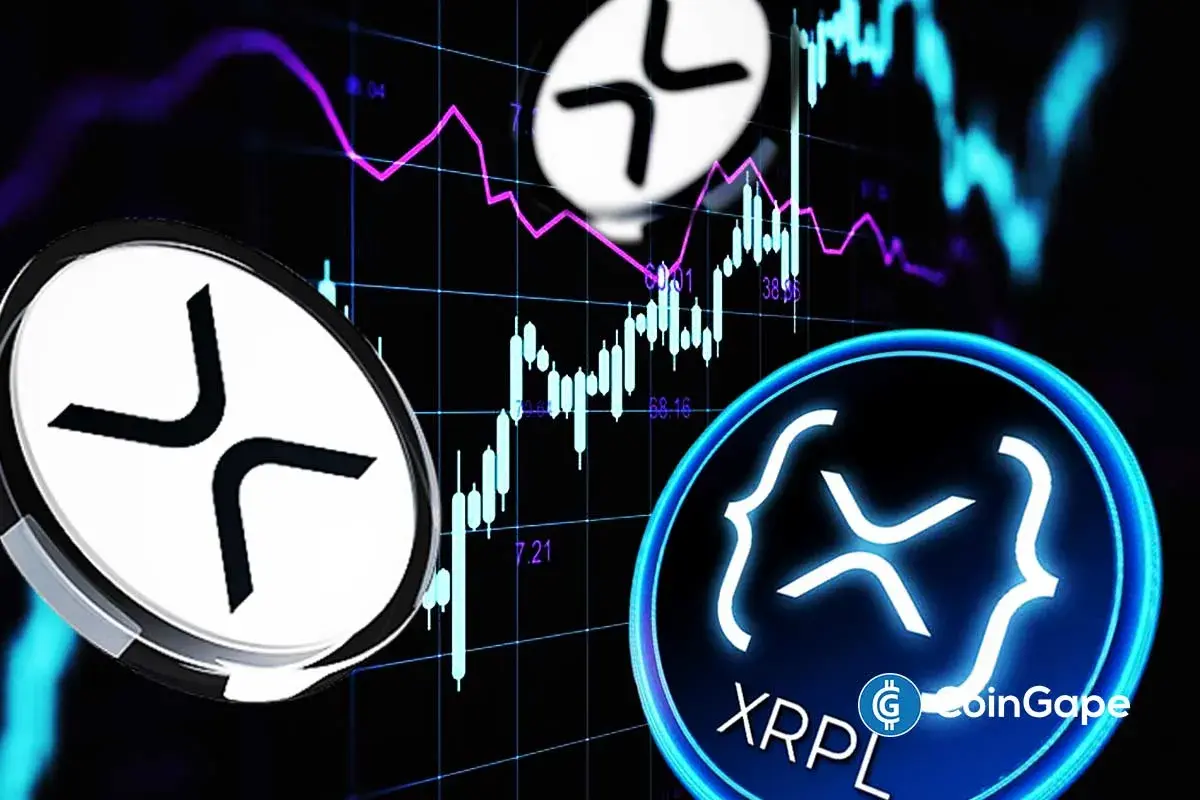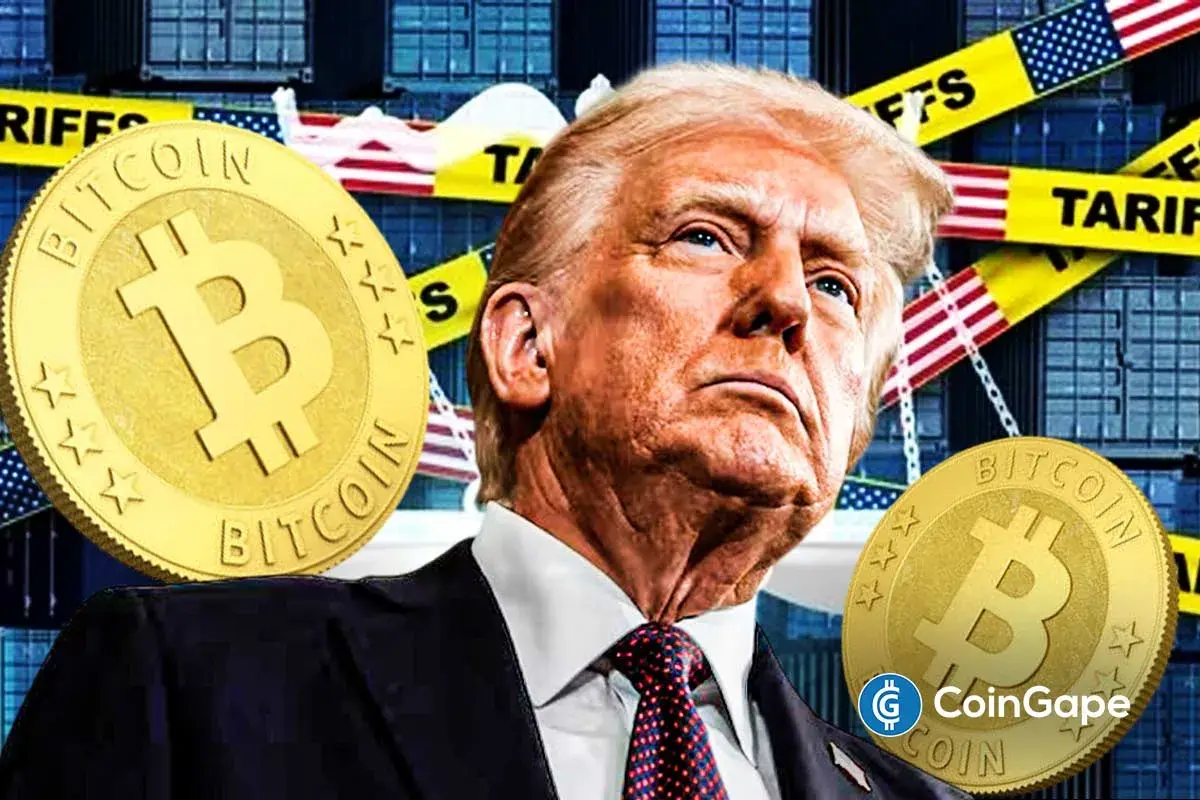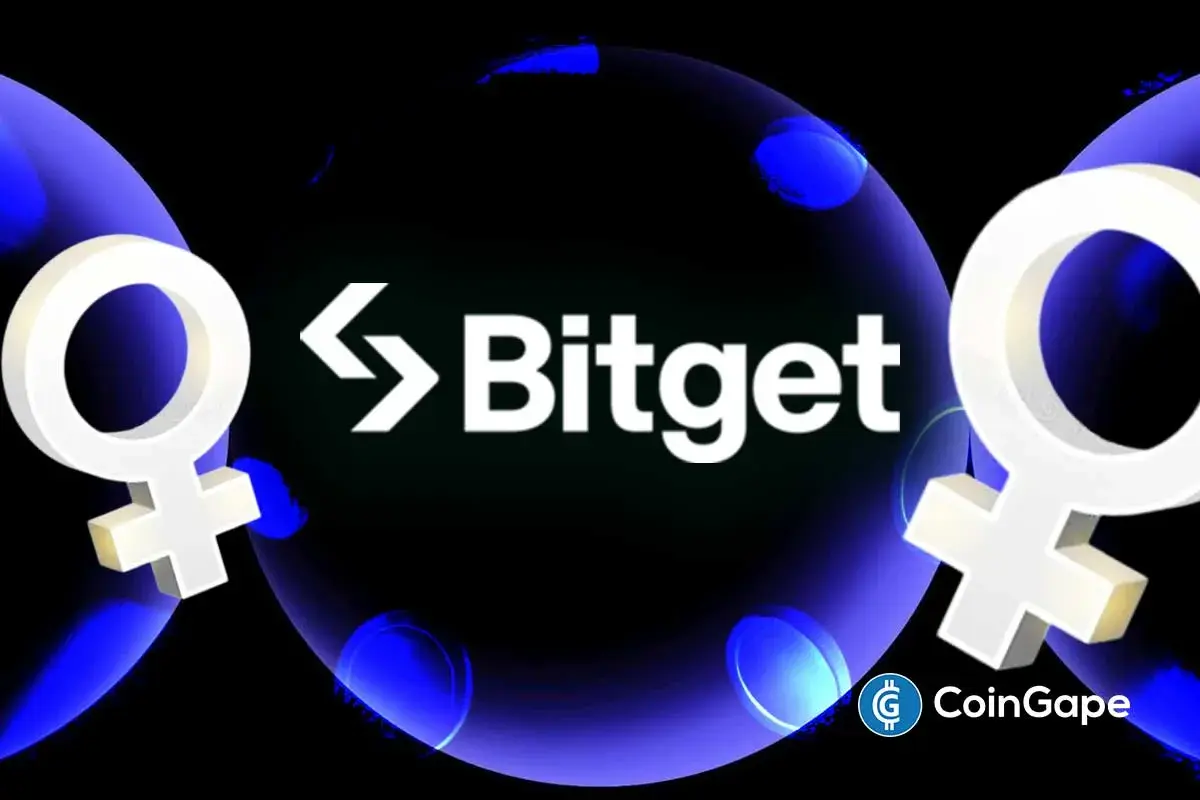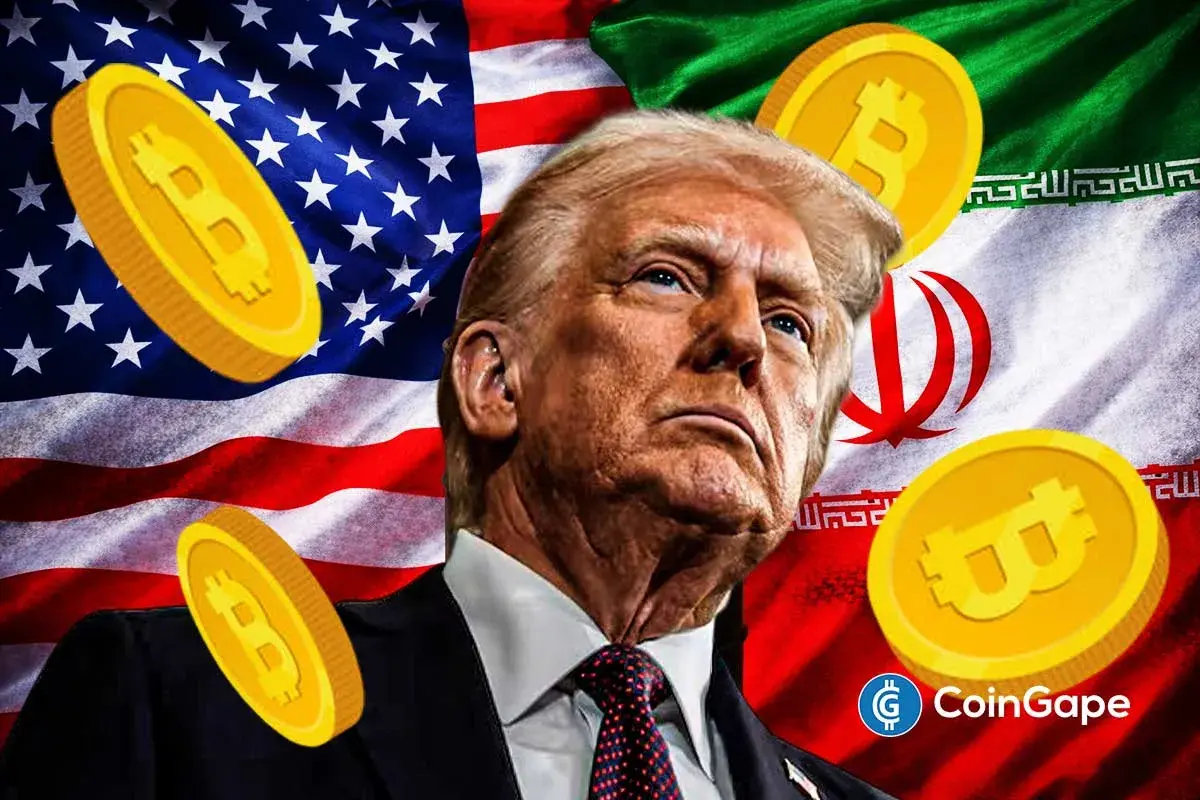Coinbase Firmly Opposes CFTC’s Proposed Ban On Prediction Markets

Highlights
- Coinbase has challenged the CFTC's proposed ban on betting markets.
- The exchange highlights the ambiguous definition of "gaming" in the proposal.
- It urges the CFTC to withdraw this proposal and consider a more balanced approach to benefit stakeholders.
In a detailed letter to the U.S. Commodity Futures Trading Commission (CFTC), Coinbase voiced severe objection to the commission’s proposed ban on specific types of prediction markets. The crypto exchange argued that the proposed amendments breach the CFTC’s statutory jurisdiction. Moreover, it noted that this proposal fails to recognize the value of prediction markets.
Coinbase Challenges CFTC’s Action On Betting Markets
Coinbase’s Chief Legal Officer, Paul Grewal, asserted that the proposal fundamentally disrupts established regulatory practices. Furthermore, Grewal’s letter to the CFTC critiques the proposal’s broad and ambiguous definition of “gaming.” He believes that this could result in a sweeping ban on prediction markets.
“The Commission has failed to recognize the positive impact of prediction markets on the economy,” Grewal stated. He also emphasized that the ban would stifle innovation and growth in regulated markets. In addition, the CFTC’s proposal seeks to categorize certain event contracts as “gaming.” This would subsequently render these contracts impermissible under new rules.
This definition, according to the crypto exchange, is overly broad and not aligned with the Commodity Exchange Act (CEA). Hence, Grewal argued that the Commission’s approach departs from a longstanding practice of evaluating contracts on a case-by-case basis and imposes an unjustifiable categorical ban.
The crypto exchange’s response highlights a perceived overreach in the CFTC’s authority. The CEA permits designated contract markets (DCMs) to list event contracts through a self-certification process. However, it depends on these contracts not involving unlawful activities or those deemed contrary to public interest.
Furthermore, Grewal contends that the CFTC’s Proposal diverges from this model by applying a blanket prohibition based on an expansive definition of “gaming.” “We strongly encourage the Commission to withdraw the Proposal,” Grewal urges. In addition, he stressed that the approach “removes important discretion” from both the Commission and market participants.
The proposal defines “gaming” in a manner that Coinbase argues is inconsistent with legislative intent and historical interpretations. It proposes to include contracts related to elections, awards, and other non-sporting events as gaming. Grewal contends this inclusion is an incorrect application of the term.
“Few would agree that elections or professional awards such as Nobel Prizes or Academy Awards are granted through a process that should generally qualify as games,” Grewal noted.
Also Read: Coinbase CLO Reveals Timeline For Summary Judgement In SEC, FDIC Case
Economic Benefits Of These Markets
Furthermore, Coinbase criticizes the CFTC’s cost-benefit analysis, claiming it fails to adequately consider the economic benefits of prediction markets. The CFTC proposal, according to Grewal, inadequately addresses the potential advantages of prediction markets in terms of forecasting accuracy and cost efficiency. He asserted that these markets provide valuable predictive data that can outperform traditional methods, such as polling, and can help allocate resources more effectively.
The letter also raises concerns about the commission’s reliance on resource allocation as a justification for the ban. Coinbase’s Grewal suggests that the Commission’s focus on saving time and resources by avoiding contract reviews is misplaced. “The Commission should not make such an important decision from a resource allocation perspective,” Grewal argued.
He recommended that the Commission work with Congress to secure additional resources for product reviews rather than imposing a blanket ban. Coinbase’s response also emphasizes the benefits of prediction markets. These markets are known for their ability to aggregate dispersed information into accurate forecasts.
Grewal referred to academic research demonstrating that these markets can outperform traditional forecasting methods. “Prediction markets allow for the dynamic updating of forecasts in a cost-effective way,” he highlighted. Thus, he urged the CFTC to “withdraw this proposal.” Additionally, he urged the agency to “work alongside academic, industry, and policy stakeholders to develop a more balanced approach that promotes innovation while protecting the public interest.”
Also Read: Breaking: Terra Founder Do Kwon’s South Korea Extradition Delayed By Supreme Court
Play 10,000+ Casino Games at BC Game with Ease
- Instant Deposits And Withdrawals
- Crypto Casino And Sports Betting
- Exclusive Bonuses And Rewards

- Peter Brandt Flips Bullish, Predicts Bitcoin Rally As Price Holds Above $70k
- XRP News: Institutional Use Case Expands as Doppler Finance Integrates WXRP for Multi-Chain Access
- Trump Tariffs: Bitcoin Faces Fresh Headwinds as 15% Global Tariffs Begin This Week Amid Iran War
- Bitget Unveils ‘Crypto Anti-Bias Pledge’ To Support Women’s Inclusion In Crypto
- U.S.-Iran War: Crypto Market Rebounds as Iran Reportedly Reaches Out To U.S. To End Conflict
- XRP Price Prediction as Iran-U.S. Peace Talks Trigger a Crypto Rally
- COIN Stock Analysis as Bitcoin Retests $72k Ahead of February NFP Data
- Robinhood Stock Price Prediction As Cathie Wood Buys $12M Dip in Bold ARK Move
- Bitcoin Price At Risk? Professor Who Predicted US-Iran War Says America Could Lose
- Gold Price Prediction March 2026: Rally, Crash, or Record Highs?
- RIOT Stock Prediction as Needham, Piper Sandler Slash Target After Earnings

 Buy $GGs
Buy $GGs

















